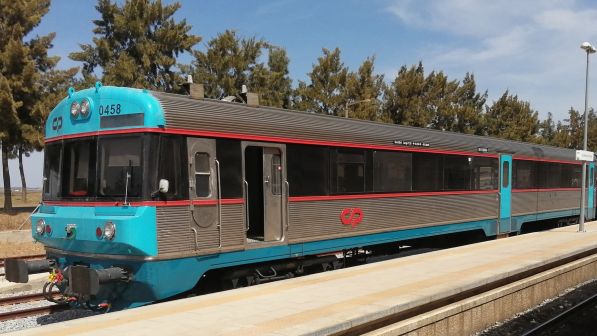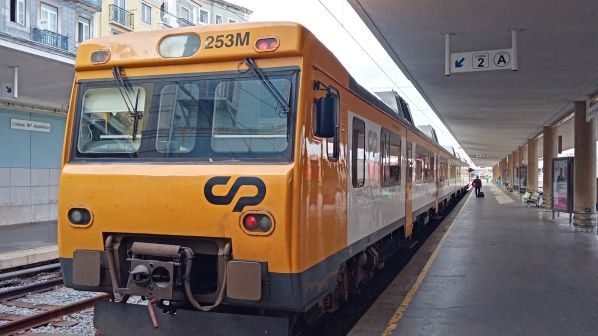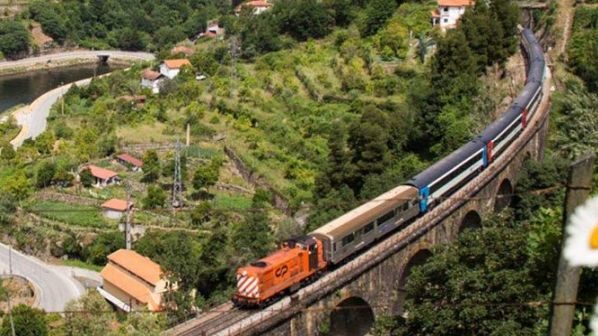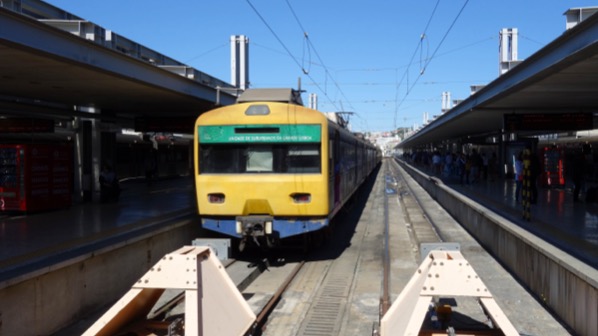STATE-owned passenger operator Portuguese Trains (CP) reported a net profit for the first in its history in 2022, the result of €8m being an improvement of €22m on the loss made the year before.
This financial performance was even more significant as it was achieved in the context of higher energy costs, which increased by over €28.5m in only 12 months.
In 2022 CP carried 148 million passengers, the highest number in the last 20 years and a 2.2% increase on 2019, before the outbreak of the Covid-19 pandemic.
Passenger traffic on CP’s Lisbon commuter services grew by a notable 6.7% year-on-year, while regional services recorded a 5.1% increase.
Sales of monthly season tickets were up 12% year-on-year, driven by the discounts provided under the Fare Reduction Support Programme (Part).
In 2022 CP ran 97.5% of scheduled services, rising to 99.5% if the 9000 services cancelled due to industrial action are excluded.
Train punctuality was 80.7%, although 71% of delays were caused by factors beyond CP’s control, such as the impact of infrastructure upgrade work.
The improvement in train punctuality and the reduction in the number of services cancelled in 2022 were largely due to CP’s fleet recovery programme, which centres on bringing back into service unused rolling stock that is in good condition.
This has enabled the return of some of the class 592 DMUs that it has been leasing from Spanish national operator Renfe, resulting in savings of several million euros, according to CP.
Also contributing to the 2022 results was the merger of rolling stock maintenance company Emef into CP, creating synergies and improving the integration and optimisation of fleet maintenance activities.
The merger allowed CP to bring in house bogie refurbishment that had previously been carried out by a Spanish contractor, with CP now providing bogie maintenance services to external Spanish clients as well.
The reopening of the workshops at Guifões also contributed to the fleet recovery programme and enabled CP to carry out in house work that would have previously been undertaken by contractors.




